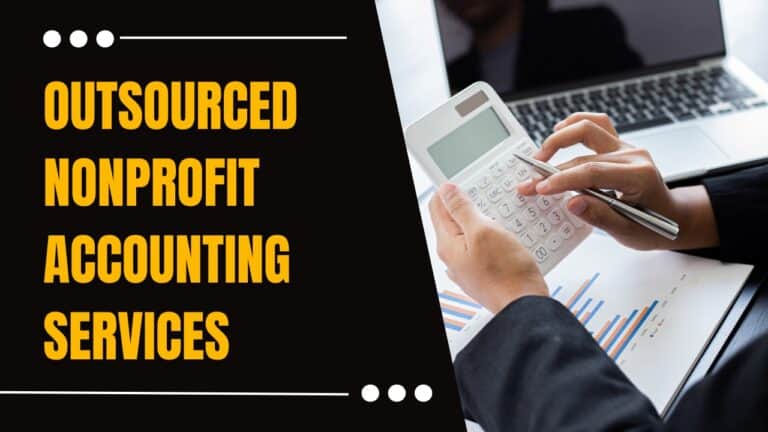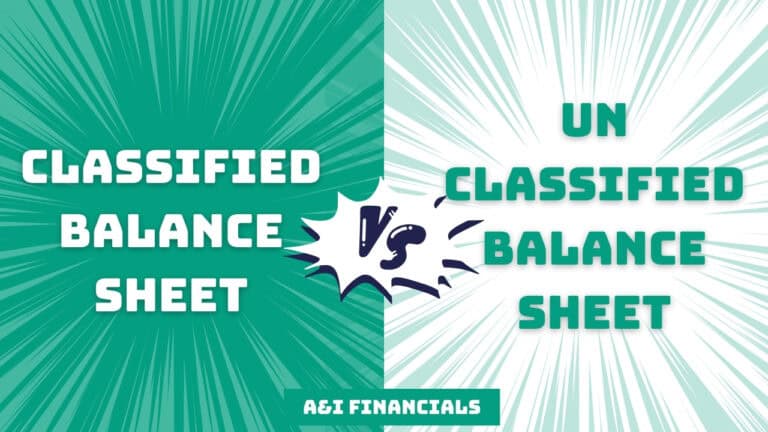The Primary Objective of Financial Accounting: Explored
You’re sitting at your favorite café, sipping on a caramel macchiato, and suddenly you overhear someone say, “The primary objective of financial accounting is to…” Your ears perk up, and your curiosity is piqued. What is this elusive objective they’re talking about? Dive into this engaging piece to find out.
The Core: Unmasking Financial Accounting
Let’s kick things off with an analogy. Imagine financial accounting as the backstage crew of a theater production. Their job? Ensuring the spotlight shines correctly, the props are in place, and the actors know their cues. Similarly, in the world of business, the primary objective of financial accounting is to provide stakeholders with transparent, accurate, and reliable financial data. This way, they can make informed decisions.
“But wait,” you ask, “isn’t that a bit too simplified?” You’re right. Let’s delve deeper.
Financial Accounting: More Than Just Crunching Numbers

- Trustworthy Reporting: At its core, financial accounting aims to offer credible financial data. It ensures investors, lenders, and other stakeholders know the company’s financial status.
- Balance Sheets and More: These documents are vital to understanding a company’s financial health.
- A stickler for Standards: Generally accepted accounting principles (GAAP) and international financial reporting standards must be followed. Why? It guarantees uniformity and accuracy.
The Real Heroes: Who Are These Financial Accountants?
Have you ever wondered about the financial accountant’s job description? Or consider a career in financial accounting? Occupational statistics show that these heroes wear many hats.
- They’re responsible for preparing budgets to ensure the company stays afloat.
- They meticulously track financial transactions to ensure every penny is accounted for.
- Occasionally, a financial accountant conducts internal audits, playing detective to ensure everything adds up.
- They transform raw financial data into understandable profit and loss statements, clearly showing a company’s financial situation.
It’s not just about having a degree in accounting; it’s about a passion for numbers, attention to detail, and a drive to ensure transparency.
Why Should You Care?
Think of it this way: Would you buy a house without knowing if the foundation is solid? Probably not. Similarly, businesses and investors would only dive into ventures if they understood the financial situation. That’s why “the primary objective of financial accounting is to” provide that solid foundation.
And as the global market evolves, the demand for skilled financial accounting jobs is rising. With companies spanning continents, the need for professionals familiar with international financial reporting standards grows exponentially.
Offering a Helping Hand

Are you looking to dive into financial accounting or seek top-notch accounting services? You may be in search of a certified public accountant to help navigate the maze of balance sheets. Your company is expanding globally, and understanding international financial reporting standards is essential.
No matter what your needs are, we’re here to help. Why? We understand that the primary objective of financial accounting is to ensure transparent, accurate, and understandable financial information.
In Conclusion
Is financial accounting just about dry numbers and tedious reports? Not. It’s about stories. There’s a narrative behind every entry in the income statement and every figure in the cash flow statements—a tale of a company’s highs and lows, achievements and challenges.
So, the next time someone says, “The primary objective of financial accounting is to,” you can confidently chime in and perhaps share a few insights they hadn’t considered.
FAQS
A financial accountant manages and analyzes financial records, ensuring that a company’s financial transactions are accurate and comply with regulations.
While all accountants handle financial data, a financial accountant specifically focuses on recording, interpreting, and presenting a business’s economic activities.
Yes! Regardless of size, a financial accountant can provide valuable insights into a business’s financial health, ensuring sustainability and growth.
Think of it as an investment. A good financial accountant can save businesses from potential financial pitfalls, ensuring long-term savings.
Look for qualifications, industry experience, and recommendations. A financial accountant who understands your industry’s nuances can offer tailored solutions.






